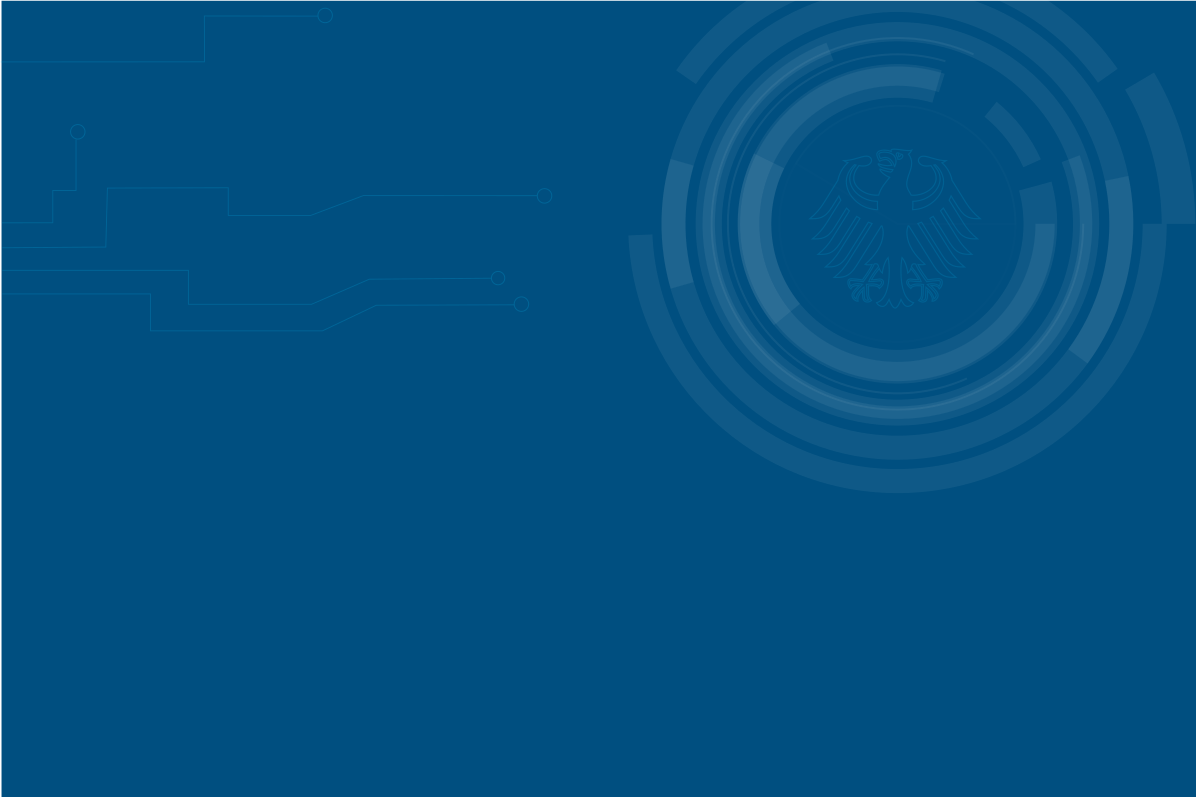Digital society: smart & secure (SuSi)
Digitisation is shaped by rapidly advancing technical innovations that are linked in various ways to information security: technical developments, e.g. in the automotive industry or the Internet of Things, raise the question of how secure these systems are against external influence. The issue of how to handle accrued data and protect critical infrastructures is being addressed at a political level. It is difficult to predict the impact that the dominance of IT systems will have with regard to economic developments. In addition, digitisation opens up new perspectives on the challenges facing society as a whole, such as demographic change, and simultaneously raises the overarching question of how IT and the handling of data, some of which is highly sensitive, are changing the real world.
The "Digital Society: Smart & Secure" (SuSi) project, initiated and commissioned by the BSI, was carried out by a consortium consisting of the nexus Institute and Digitale Gesellschaft (Digital Society) e.V., along with Dr. Ben Wagner (European University Viadrina) as a subcontractor. The project started in September 2016 and lasted for 18 months.
Following the successful 2016 think tank workshop "Secure Information Society" held by the Federal Office for Information Security, this project aimed to bring together a wide range of actors - especially representatives from civil society - to discuss the topic of cyber security in society, identify required courses of action and propose possible solutions.
The multi-stakeholder approach pursued here reflects the society-wide discourse that needs to happen. This approach is essential in order to replicate the plurality of perspectives on the complex issue of cyber security as realistically as possible. In this context, activities such as expert workshops and empirical surveys are conducted in order to gain new insights in a participatory and scientifically sound manner.
The process of addressing the issue of cyber security also includes the analysis of various aspects, such as security culture in society, the division of responsibility and expectations regarding IT security and the influence of trust. There are also plans for an accompanying publication that describes the respective status quo and provides guidelines for action.
In early February 2017, as part of this project, the participants of the second think tank workshop addressed the conditions of a secure digital society and identified questions for the upcoming empirical surveys. The results of these surveys were presented and discussed at a third think tank workshop at the end of June 2017. The participants then formulated a set ofstrategic recommendations on how to further establish a secure information society.
The results of the surveys and the jointly developed recommendations were presented to the public on 7 September 2017.
Further information on the progress and results of the project is available below.
Projektbeschreibung Digitale Gesellschaft: smart & sicher (SuSi)
Digitale Gesellschaft: smart & sicher (SuSi) - Zusammenfassung der Studienergebnisse
- Short URL:
- https://www.bsi.bund.de/dok/8559272


